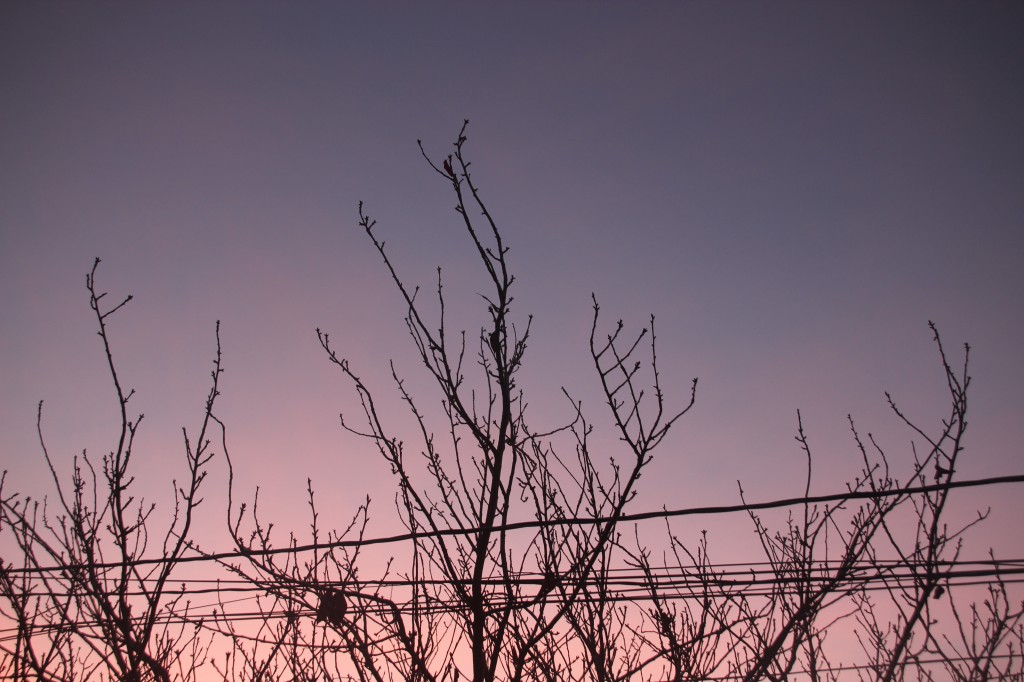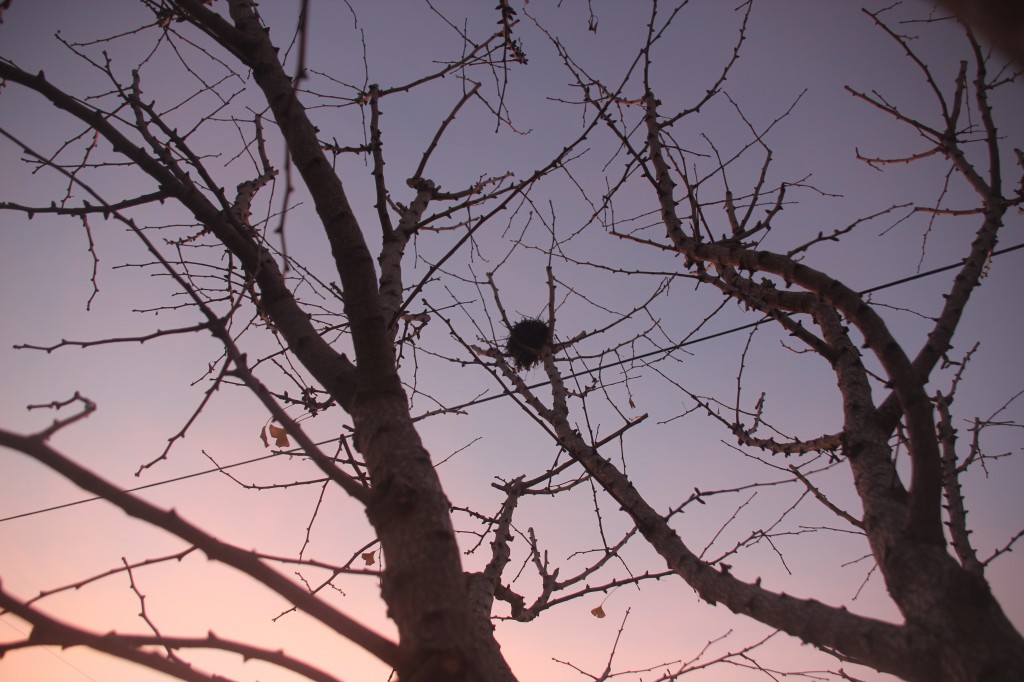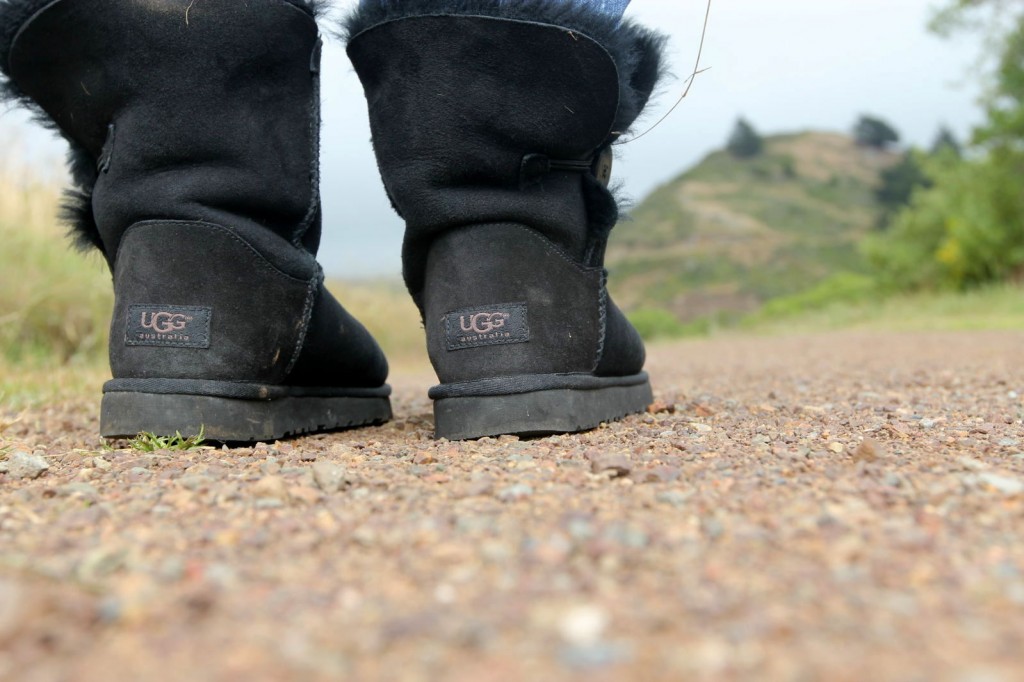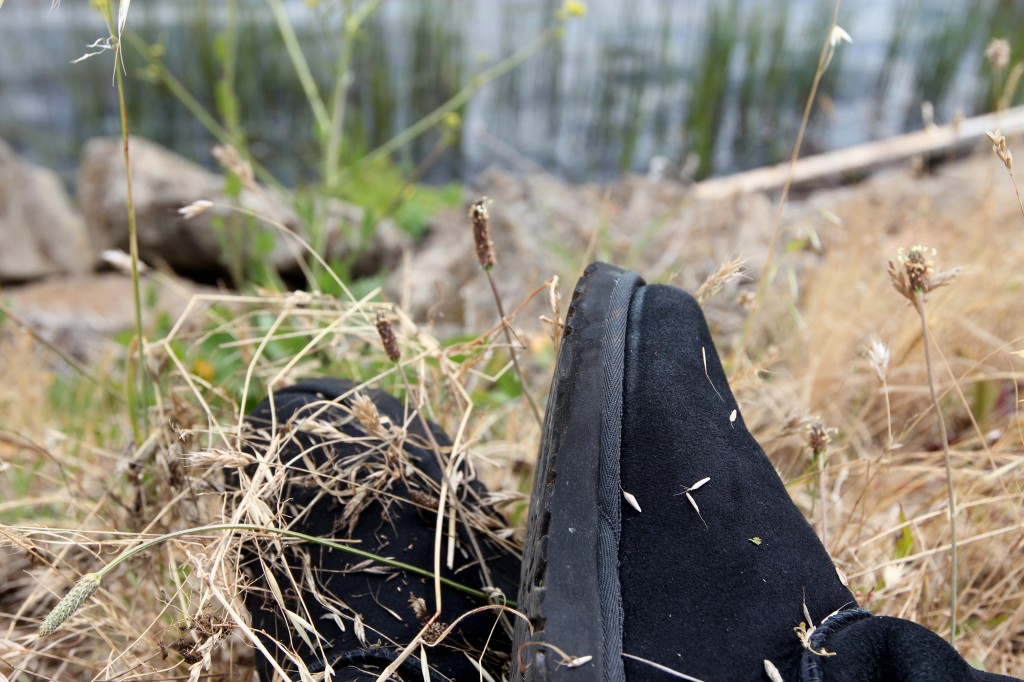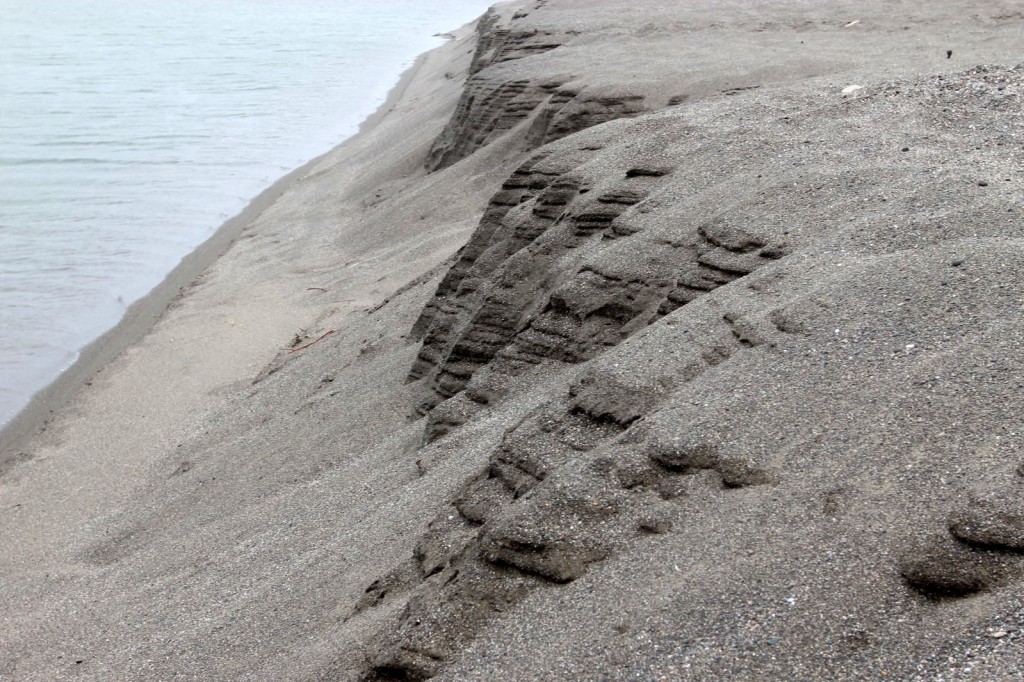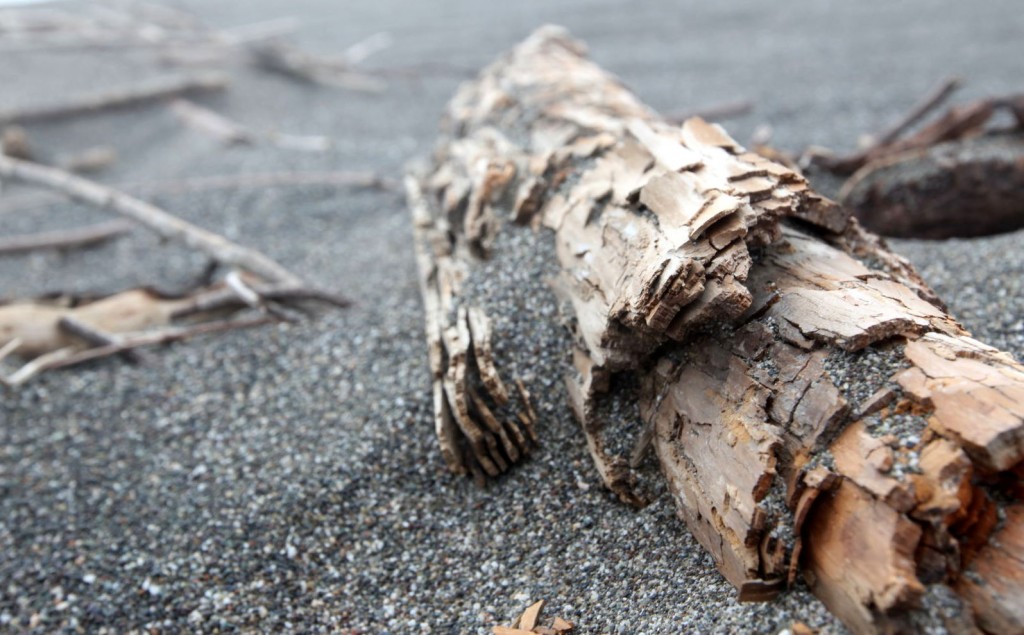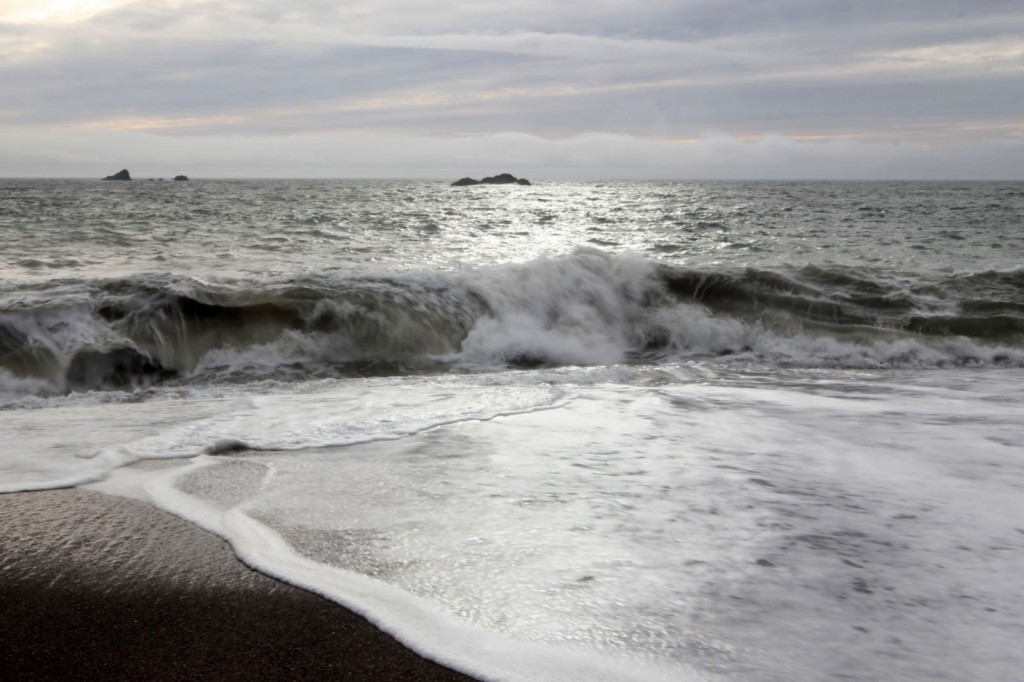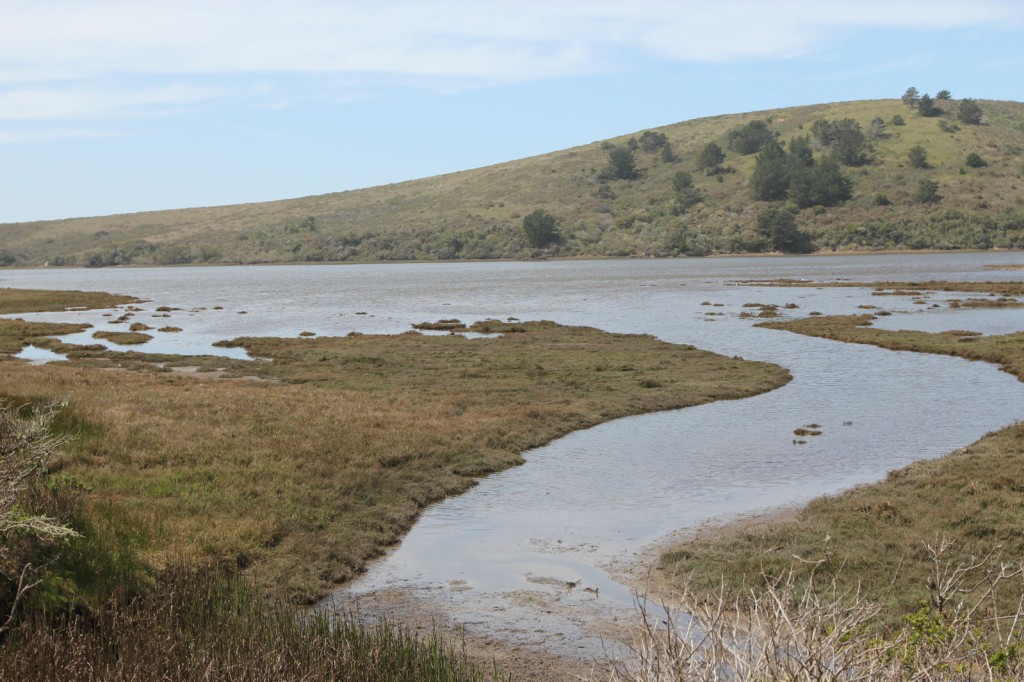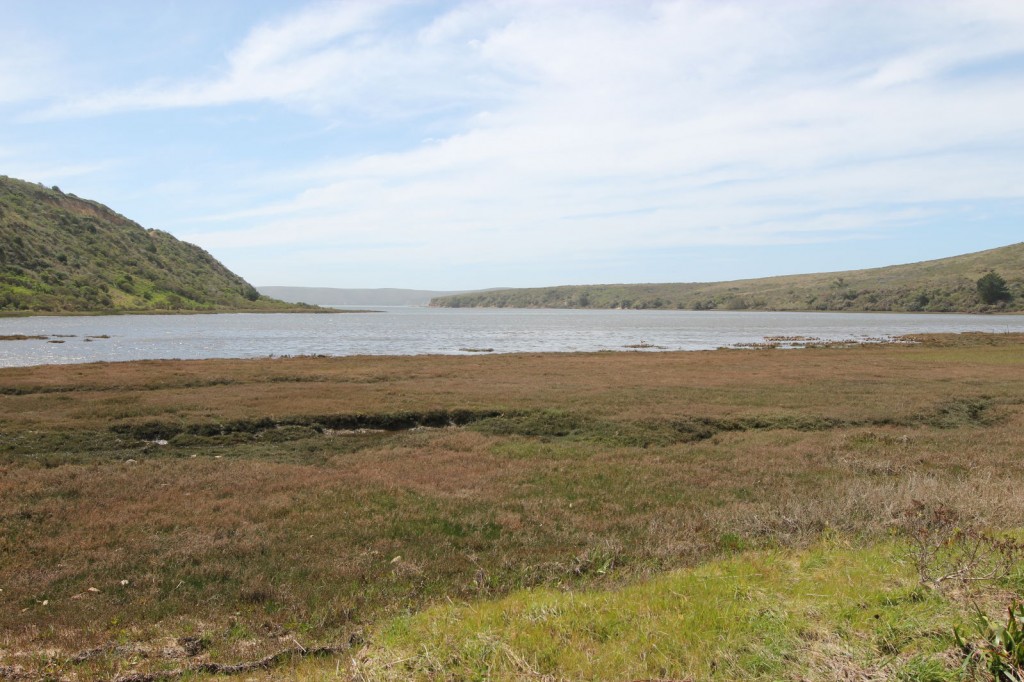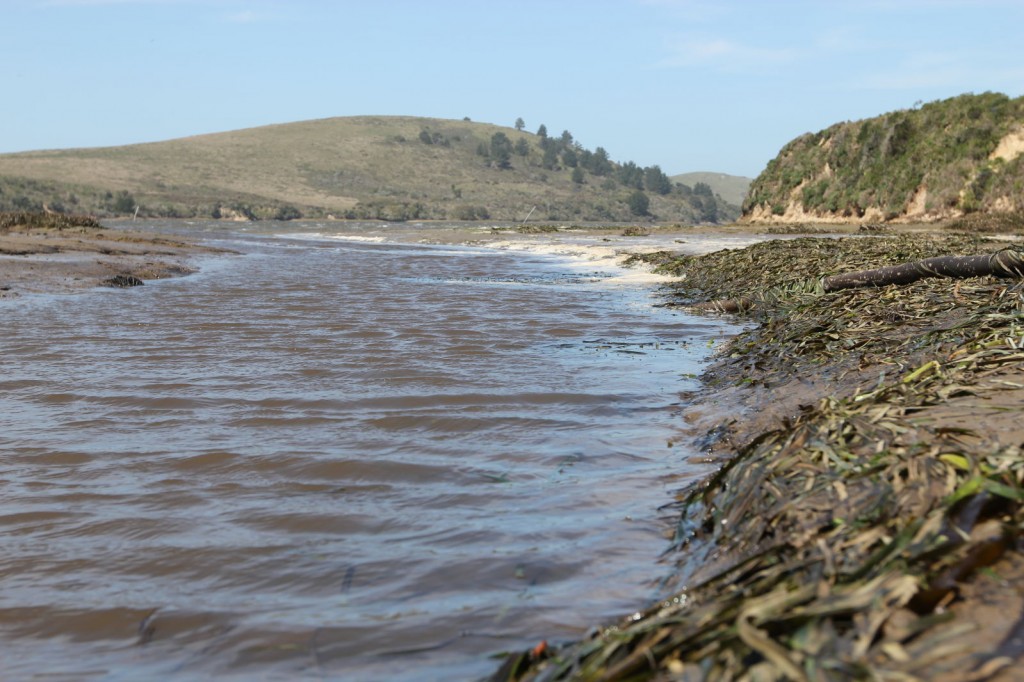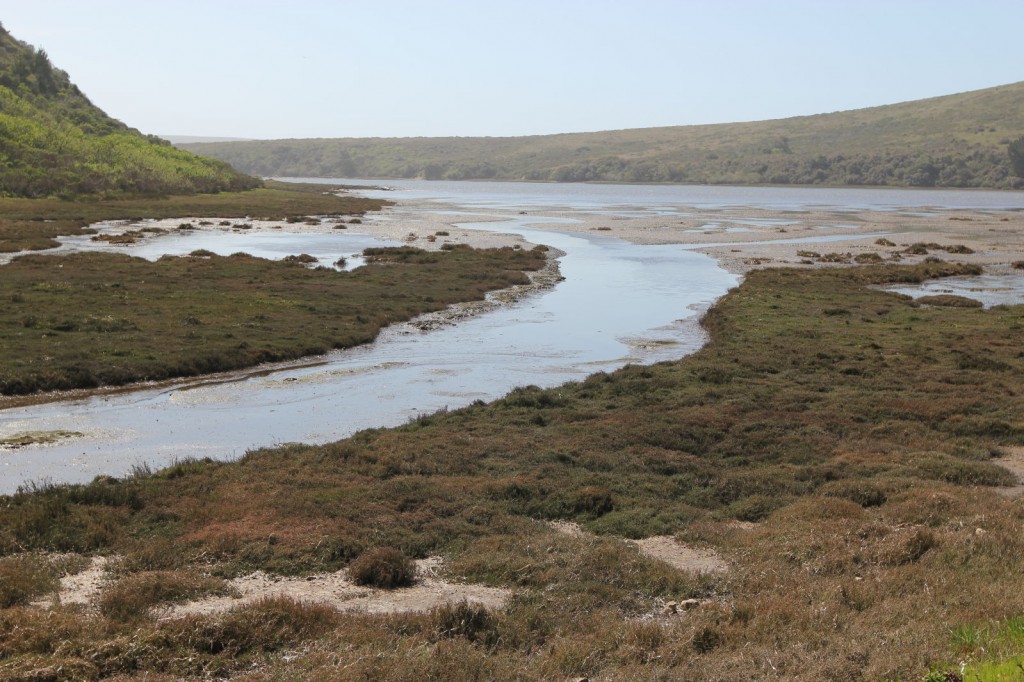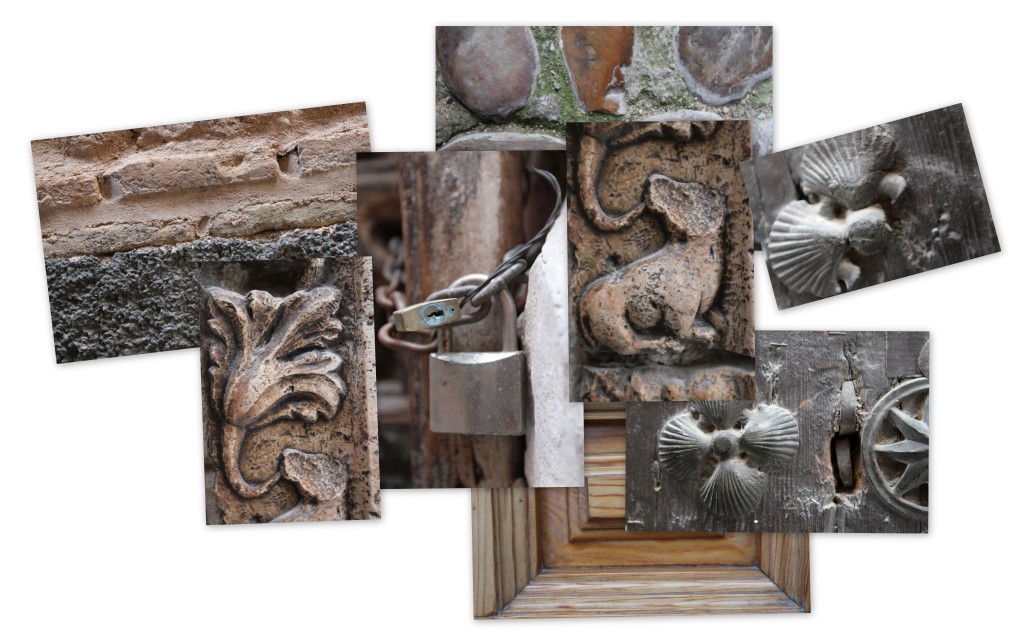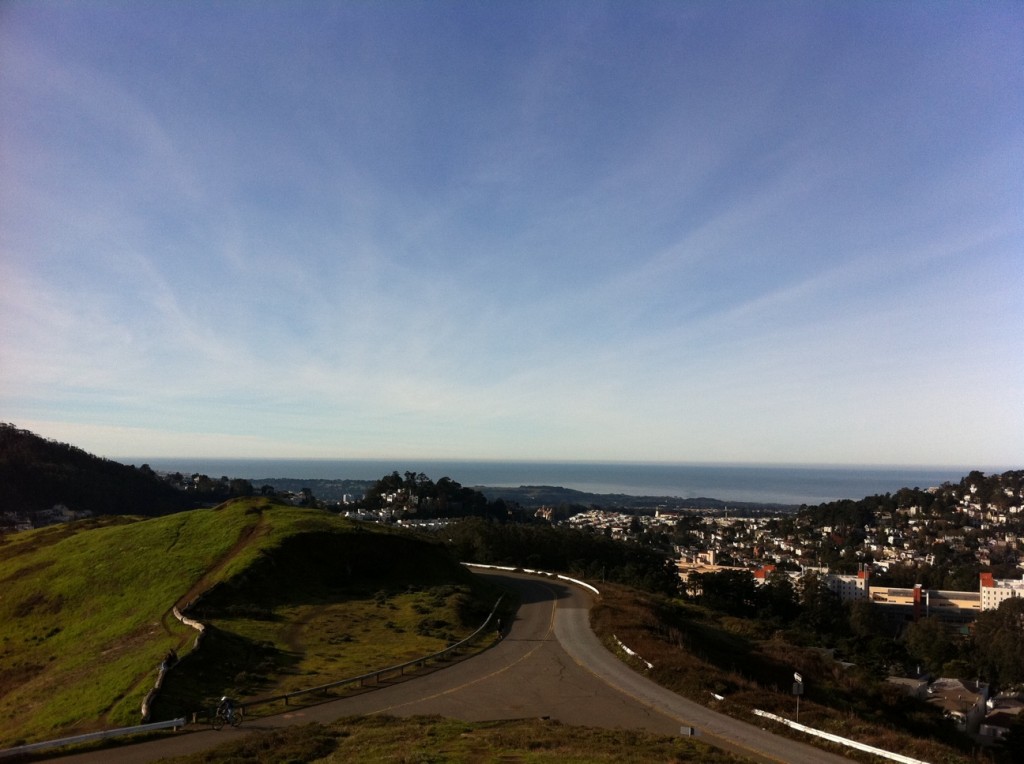Asking questions category archive
On the Beginning 4
The day begins with a jet-lagged baby, awake and ready to play at 4am. There is breakfast while it’s still dark out, and skyping with the abuelos in Spain. Then Basil goes down for a nap as the sun rises, setting the windows across the valley aglow, and my day begins anew with a shower, coffee, writing.
I’ve been thinking a lot about beginnings. When it comes to writing, or life changes, or even small everyday tasks like cleaning, we often say ‘beginning is the hardest part’. For me beginning can feel as if I were climbing a set of stairs and the first step were 3 times higher than the rest, rising like a mountain before me.
Maybe this is a creative inheritance from my mother, an artisan who has had her own business for nearly 30 years. “I’ve been writing about beginnings” I say when she calls, “what does beginning feel like to you?”. “From experience, I know that to me beginning is more of a challenge than doing it” she replies. “I notice it even when I get in the water to swim, or start my yoga class. But once I’m going, it’s easier.”
Where does the energy to begin come from? Austin Kleon, in his new book on creativity Steal Like an Artist, suggests it’s about being inspired:
“[C]hew on one thinker – writer, artist, activist, role model – you really love. Study everything there is to know about that thinker. Then find three people that thinker loved, and find out everything about them. Repeat this as many times as you can. Climb up the tree as far as you can go. Once you build your tree, it’s time to start your own branch.”
I agree that inspiration is important, especially when the beginning involves tapping creativity. But I’ve also been thinking how routine, the momentum of doing something every day, can make it easier to begin. When I work on my thesis every day, sitting down and working on it is easier than when I let a week go by without touching it.
So of course, I’m wondering what beginnings are like for you. Which is harder, starting or finishing?
Feet: The questions they raise 2
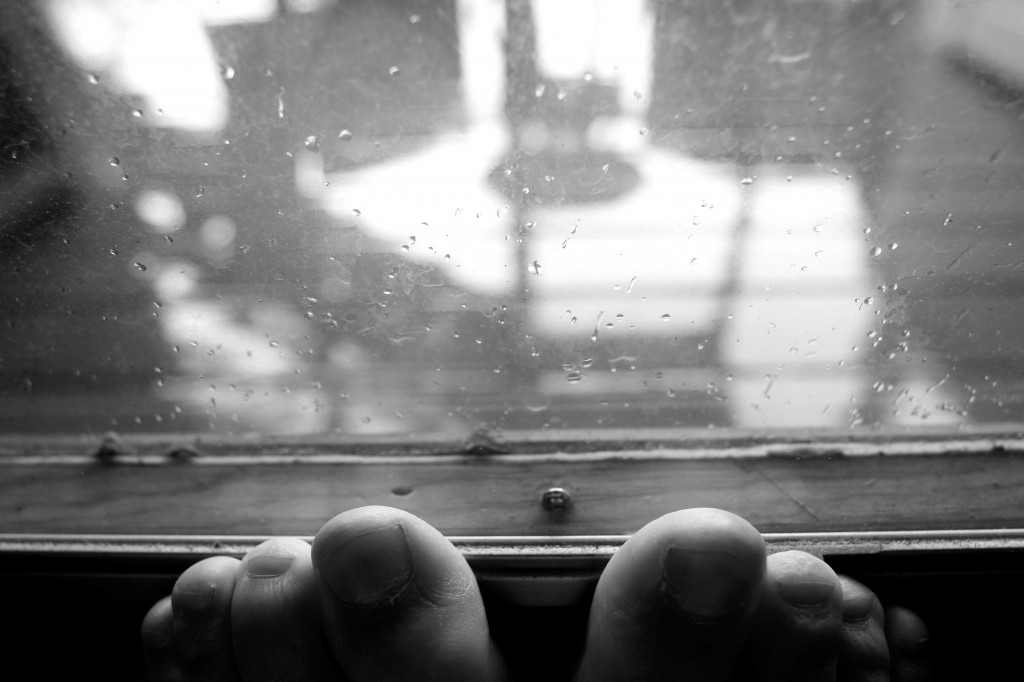
The first week of the Unravelling course** had me photographing and paying attention to my feet. To where they go each day, and where they don’t. To how I feel about them. To how they anchor me in the world.
Mostly, the week had me circling around two questions: Where do your feet take you? Where don’t they (and why)?
The inertia of routine in daily life is something a lot of people talk about in their blogging. How hard it is to change routines. How good it feels to take a different bus line home, walk down a new street, spontaneously go the long way home and end up seeing a flock of geese rise from a pond along the way, or an especially glorious stand of daffodils in the height of spring bloom.
It seems like sometimes we choose where we go, or how we go. But more often we follow routines that take us along the same well-worn paths, where we may or may not really see the things we pass. This is true in everyday choices as well as the larger trajectory of life. Photographing and noticing my feet had me stopping to look at spots I usually would have just passed by. Noticing JJs and my feet, and the places we stand next to each other in day-to-day life. It had me crossing the Golden Gate Bridge one afternoon to explore a park, Marin Headlands, that I’ve wanted to visit for a long time. And it had me sitting in a new cafe, by myself, writing and thinking about story ideas for a children’s book.
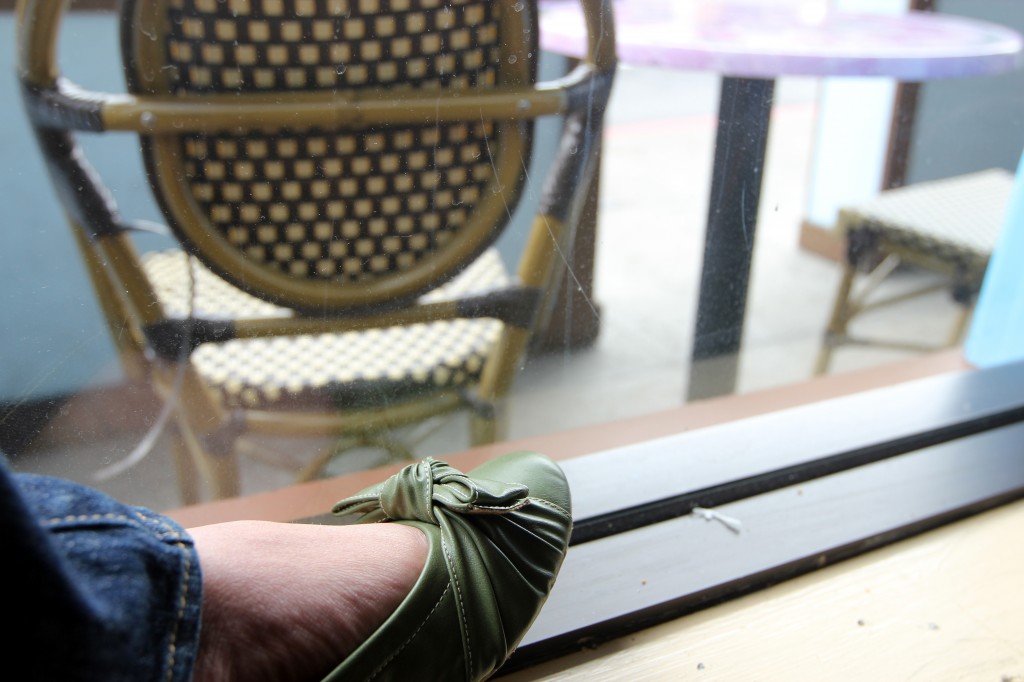
Mostly, the first week of the course had me noticing and reflecting on my choices. Both everyday ones, and larger life ones. I know, of all the many directions one could go with a photography assignment regarding feet (and Susannah gives MANY ideas), I choose a serious, contemplative one. My willow-sitting-by-the-river nature that seems to come along with having a hippy, earthy, tree name!
So I’ve started a list of things to do this summer that get me stepping outside my usual routines. What are you hoping to do this summer that perhaps takes you outside your routine?
**For reasons that make absolute sense to me, Susannah asks us to limit what we share of the course on our own blogs. So while I will write about my experience in the course here and there over the next 8 weeks, and share some of my photos, I’ll let you discover the details of the course itself by taking it if you’re interested. It’s only been a week, but already I highly recommend it!
Questions from the beach 3
Filled with words, mixing together as I try to tell a story while sick with the flu. How I drove to the beach on a whim last Saturday with my mom and sister. How we talked about the big questions of life. Why do you make decisions? What are the biggest decisions of your life? Feeling surprised at their answers, mostly about relationships – with men and children. My mom deciding to leave her first husband, stay with my dad. Have more children. My sister deciding to leave the father of her first child, stay with her current husband. Not have more children. More surprised when the conversation turned to a debate about the meaning of pride. What does pride really mean? When have you felt proud in your life? Struck as both of them talked about their children, feeling proud of things they’d taught them. I didn’t say at the time, but I thought about how I am proudest of my education, how far I’ve come given where I started.
I felt the cold spray on my face as we walked, barefoot, along the shoreline. Gave my scarf to my sister and pulled up my hood against the gray cold. Felt how big questions open you the way being near the wild North Pacific does, tilting your perspective on the here and now. Felt how quickly the focus had shifted to them, how I heard about their big decisions, their memories of pride, and never said my own. This is who I am in my family. The questioner, the one who often prefers to ask and listen, rather than competing to get my own voice heard.
It’s frustrating at times to have to fight so hard for attention; being one of six children (five of them girls) will do that. But I appreciate how Saturday’s conversation leaves me with so much to think about. Questions still turning themselves over in my mind nearly a week later. I want to ask everyone I see; find out their thoughts and experiences.
Instead, I blog from the couch, sick as a dog. So I turn my questions to you, because it fills me so to have this conversation through blogging. What does it mean to have power over your decisions? What drives the big decisions of your life? What does pride really mean, and how does it matter in your life?
Wanting to be back on the marsh 1
Out on the marsh, I watch birds. A tall, white crane, standing still at the edge of the water. I take a picture, wishing I had brought a zoom lens, knowing the photo wouldn’t capture the feeling I have here. The feeling of being open, relaxed, taking in the world. Suddenly the crane lifts off, flies above, wings large and almost awkward for the size of its body. It swoops around, flies out of sight, and I keep walking. Smelling fresh air blowing off the water, feeling fresh spring grass against my ankles. The next day, my body still relaxed from a weekend in Pt. Reyes, I can still see the orange poppies when I close my eyes, feel the open space and rolling green hills.
Back in the city I worry about which windows are open, whether I locked the backdoor, and what time I have to leave today. I think all too much about clothes though my wardrobe doesn’t matter in grad school. I walk to yoga class, grateful to have found a teacher nearby. I worry about the progress I’m making on my thesis, whether it’s enough, what it means to me, what I will become when I finish. What if there are no jobs I’m interested in applying for next year? I feel completely open to shifting my career for family, yet children feel further away than ever. I’ve stopped thinking ahead, planning, thinking about what things will look like if I get pregnant this month, or next. Who knows?
I stall this morning, making a quiche for tonight’s class potluck instead of writing first, as I know I should. Chopping broccoli from last week’s farm box, weighing down the crust with rice and putting it in the oven for 10 minutes, mixing together eggs and milk, throwing in thyme, cheese; all the while listening to the radio, a show on Alzheimer’s and new research about its causes and cures. “The scariest thing for people is losing cognitive functioning” a doctor says. “I think, therefore I am Shakespeare wrote, but he might as well have written “I remember, therefore I was, for without our memories, who are we?”
It’s a good question. What will I remember from this time in my life?
Past and Present in Toledo 1
Living in old-town Toledo is a little like living in a museum, the skyline, buildings, narrow stone streets marking an everyday connection to the past like the tapestries and tall thrones of a centuries-old royal museum. The main streets of town are dominated by tourist stores, golden souvenirs, handbags stamped with “Toledo” hanging next to fluffy red polka-dot Flamenco dresses. My father-in-law has made his living selling these souvenirs, walking around town visiting the owners of stores filled with glittering gold plates, jewelry, and long, silver swords. All traditional products from these parts, once handmade in small workshops, hammer meeting metal to pound the old damascino designs, now shipped from factories in China, assembled here.
As I drive into town to visit my Spanish Grandma, I look at the city, the Alcazar and Cathedral standing tall against the late afternoon sky. I think about how living in this museum of a town seems to go hand in hand with conservative values and a desire to keep the past alive, keep the uncertainty of present-day change at bay. Isn’t that what growing old is about, after all? They say we all grow more conservative as we grow older, working to protect what we have, pass on what we have learned to the next generation. When there’s money involved, or power, people hold even tighter, guarded and fearful of the impulsiveness of the young.
Having grown up with little connection to the past, not even knowing my grandparents, living far from where my parents were born, I’ve often felt seduced by the curves of history here, Roman bridges still providing a path across the river, castles a roof over peoples’ head. But it’s the stories that sweep me away, capture my imagination, make me wonder what kind of person I’d be if I were born in a place like this. How is it different to become who you are when so many physical reminders of the past surround you each day?
While packing for our trip home tomorrow, I listen to a podcast I’ve discovered called New Letters on the Air, an old episode from last June where Tobias Wolff talks about his book Old School. He says the book is partly about questions of identity, “how do we become the person we’re going to be”. He asks, “What part does imagination play in that?”
Wolff makes me think about the possibilities for creating who we are; he makes me feel like who we are is merely a question of the bounds of our imagination. At the same time, being in Toledo, listening to my Spanish Grandma’s stories, makes me think about how the past draws boundaries around our experience, colors how we see the present. What do you think matters more in defining ourselves, imagination or the past? How do both matter to you?

